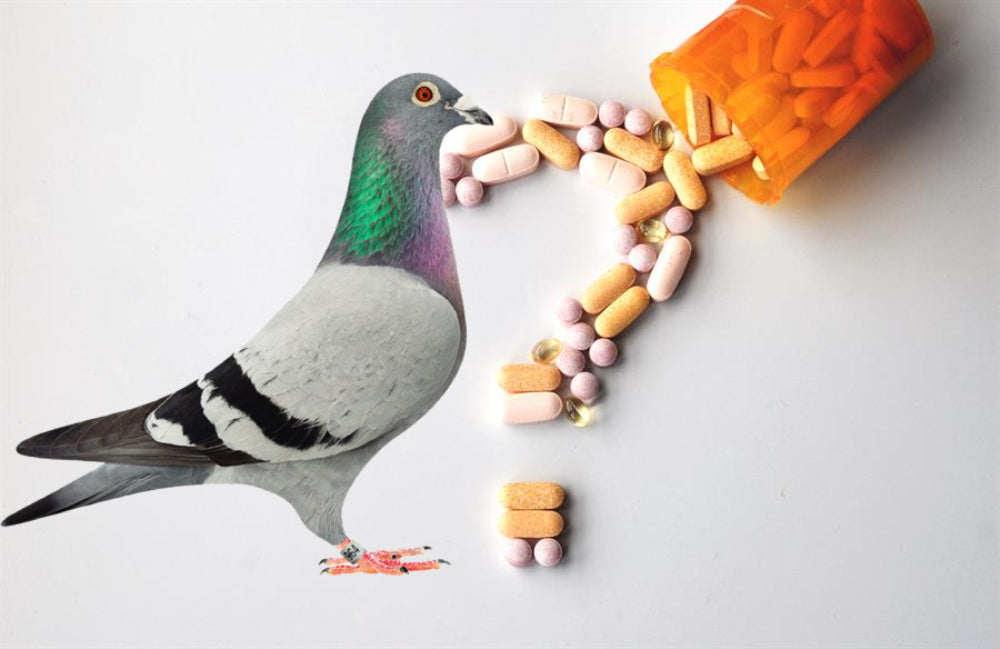
Common Sicknesses in Tumbler Pigeons and Their Treatments
Share
Tumbler pigeons are hardy and resilient birds, but like any other living creatures, they are susceptible to various illnesses. Early detection and proper treatment are crucial to maintaining their health and well-being. In this guide, we’ll discuss common illnesses affecting tumbler pigeons, their symptoms, and recommended treatments, including medications.
1. Respiratory Infections
Respiratory issues are among the most common ailments in pigeons and can severely impact their performance and quality of life.
Symptoms:
- Labored or noisy breathing
- Nasal discharge
- Swollen eyes or sinuses
- Reduced activity and appetite
Causes:
- Poor loft ventilation
- Dusty or damp bedding
- Infection from bacteria (e.g., Chlamydia, Mycoplasma) or viruses
Treatments:
- Antibiotics: Tylosin, Doxycycline, or Enrofloxacin can treat bacterial infections.
- Supportive care: Ensure proper ventilation and clean, dry loft conditions.
- Vitamins: Add multivitamins to their water to boost recovery.
2. Canker (Trichomoniasis)
Canker is caused by a protozoan parasite (Trichomonas gallinae) and commonly affects pigeons.
Symptoms:
- Yellowish deposits in the mouth or throat
- Difficulty swallowing
- Weight loss
- Drooling
Causes:
- Contaminated water or feeding equipment
Treatments:
- Medications: Carnidazole, Ronidazole, or Metronidazole are effective.
- Prevention: Regularly clean water bowls and feeders to reduce contamination.
3. Paramyxovirus (PMV)
This highly contagious viral disease can cause severe neurological symptoms in pigeons.
Symptoms:
- Twisting of the neck (torticollis)
- Inability to fly straight
- Excessive water intake
- Greenish, watery droppings
Causes:
- Direct contact with infected pigeons
- Contaminated feed, water, or equipment
Treatments:
- No cure: Supportive care is the only option; affected birds often recover but may remain carriers.
- Vaccination: Regular vaccination is essential for prevention.
4. Salmonellosis (Paratyphoid)
Salmonellosis is a bacterial infection caused by Salmonella species.
Symptoms:
- Diarrhea (green or yellow)
- Swollen joints (lameness)
- Weight loss
- Reduced fertility in breeders
Causes:
- Contaminated food, water, or droppings
Treatments:
- Antibiotics: Use Amoxicillin, Baytril (Enrofloxacin), or Sulfa drugs.
- Hygiene: Keep the loft clean and disinfect feeding equipment.
5. Worms
Internal parasites such as roundworms, tapeworms, and hairworms can weaken pigeons over time.
Symptoms:
- Weight loss despite a good appetite
- Weakness and lethargy
- Visible worms in droppings (in severe cases)
Causes:
- Ingestion of worm eggs from contaminated ground or food
Treatments:
- Deworming medications: Levamisole, Fenbendazole, or Ivermectin.
- Prevention: Avoid overcrowding and regularly clean the loft.
6. External Parasites
Mites, lice, and fleas are common external parasites that can irritate pigeons and cause anemia.
Symptoms:
- Excessive scratching or feather preening
- Feather loss or damaged feathers
- Visible mites or lice
Causes:
- Poor hygiene or exposure to wild birds
Treatments:
- Topical treatments: Permethrin sprays or powders are effective.
- Environment control: Disinfect the loft and replace bedding regularly.
7. Pigeon Pox
Pigeon pox is a viral disease spread by mosquitoes or direct contact with infected birds.
Symptoms:
- Wart-like lesions on the beak, eyes, or feet (dry form)
- Yellowish deposits in the mouth and throat (wet form)
- Reduced appetite and activity
Causes:
- Mosquito bites or contact with infected surfaces
Treatments:
- No cure: Supportive care includes isolating infected birds and maintaining good nutrition.
- Prevention: Vaccinate young pigeons annually.
8. E. coli Infection
E. coli infections are often secondary infections that occur alongside other illnesses.
Symptoms:
- Diarrhea (watery or bloody)
- Lethargy
- Reduced growth in young birds
Causes:
- Poor sanitation or contaminated feed and water
Treatments:
- Antibiotics: Amoxicillin or Enrofloxacin.
- Probiotics: Restore gut health with probiotics after antibiotic treatment.
9. Coccidiosis
This parasitic disease affects the intestinal tract and is common in pigeons.
Symptoms:
- Diarrhea (sometimes bloody)
- Weight loss
- Weakness and ruffled feathers
Causes:
- Contaminated food or water
Treatments:
- Medications: Sulfa drugs like Sulfadimethoxine or Amprolium.
- Hygiene: Keep the loft clean and dry to prevent outbreaks.
10. General Tips for Pigeon Health Maintenance
- Quarantine New Birds: Isolate new pigeons for at least two weeks before introducing them to the loft.
- Routine Health Checks: Observe your pigeons daily for any signs of illness.
- Balanced Diet: Provide a nutritious diet with added supplements as needed.
- Clean Environment: Regularly clean and disinfect the loft to prevent disease.
- Vaccinations: Follow a vaccination schedule to protect against common viral diseases.
By staying vigilant and providing prompt care, you can keep your tumbler pigeons healthy and thriving. Regular monitoring and maintaining a clean, stress-free environment are key to preventing illnesses and ensuring your birds enjoy a long, active life.
